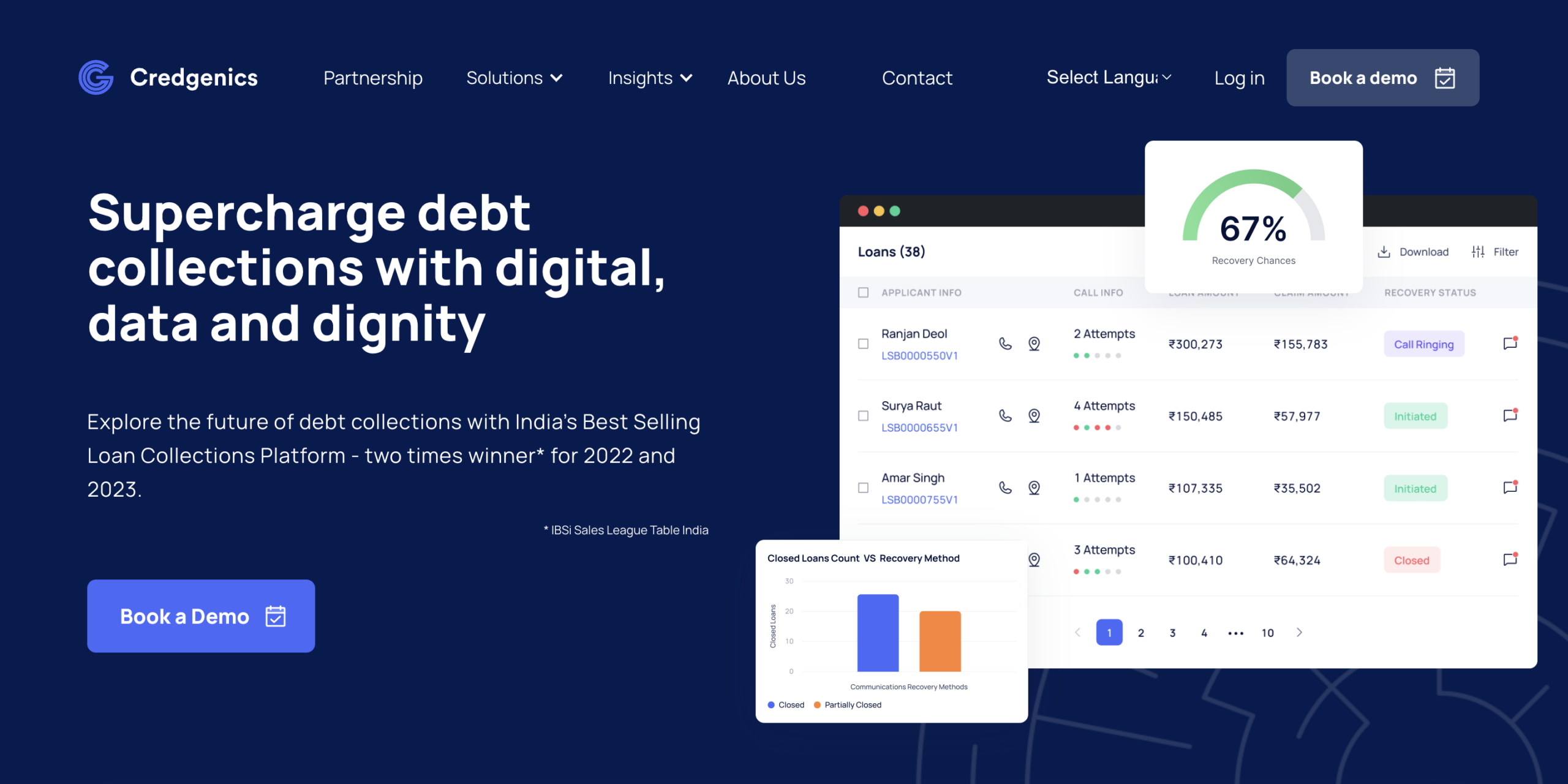
- Visa and Mastercard have reached a settlement that will lower interchange fess for U.S. merchants.
- The settlement, which still must be approved by the court, calls for a five-year reduction in fees as well as changes that will enable greater optionality for merchants when it comes to credit card transaction surcharging.
- U.S. merchants stand to save more than $29 billion over the next five years due to the settlement.
Chalk one up for U.S. merchants.
There are many factors that drive innovation in financial services: technological change, competition, regulatory adjustments … this week, recalled a fourth, less common method: the lawsuit.
Visa and Mastercard announced that they have reached a major settlement with merchants in the U.S. that will see interchange fees both lowered and capped. The settlement is the end result of a lawsuit that extends back to 2005. The lawsuit alleges that merchants paid excessive fees to accept Visa and Mastercard credit card transactions. Further, the suit claims that both companies and their member banks were in violation of antitrust laws in doing so.
Per the settlement, these interchange fees – also known as swipe fees – will be lowered and capped until 2030. Hilliard Shadowen, the law firm that represented the merchants in the case, estimates that U.S. merchants will save more than $29 billion over the next five years. Additionally, the settlement will also mark the end of “anti-steering restrictions” and potentially pave the way for more competitive pricing with regards to swipe fees.
Steve Shadowen, founding partner at Hilliard Shadowen, said the settlement represented “comprehensive market-based solutions to too-high swipe fees” as well as “immediate fee relief to merchants as they make these new competitive tools work for them.”
Looking under the hood, the settlement calls for a reduction in swipe fees of at least four basis points (0.04 percentage points) for three years. At the same time, these fees must be at least seven basis points below the current average for the next five years. These changes are still subject to court approval, and Mastercard has suggested that, once approved, they still would not go into effect until late this year or early next.
“This agreement brings closure to a long-standing dispute by delivering substantial certainty and value to business owners, including flexibility in how they manage acceptance of card programs,” Mastercard Chief Legal Officer, General Counsel and Head of Global Policy Rob Beard said.
“We are making these concessions while also maintaining the safety, security, innovation, and protections, rewards, and access to credit that are so important to millions of Americans and to our economy,” Kim Lawrence, President, North America, Visa, said in a statement.
The actual impact of these changes on consumers using credit cards is uncertain. The settlement will enable merchants to add surcharges to cards with higher swipe fees. This could discourage the use of some premium cards that are attractive to consumers because of their robust rewards, but can be costly to merchants, who may pay swipe fees of as much as 4% per transaction according to the National Retail Federation. Swipe fees currently average approximately 2% per transaction. Merchants will also be able to offer incentives and discounts to encourage consumers to use credit cards with less expensive fees.
Additionally, the settlement includes an allocation of $15 million for an independent merchant education program. Available for free, the program will help ensure that all merchants are aware of new changes.











